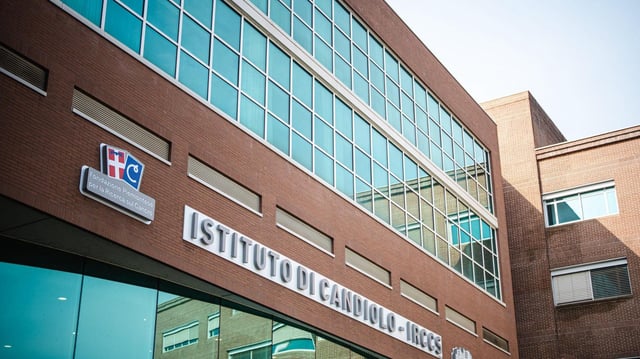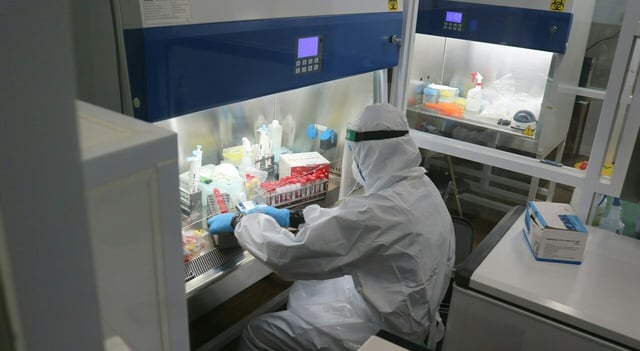Overview
- The study demonstrates that DNA mutation rates increase significantly in metastatic colon tumors compared to primary tumors, correlating with tumor aggressiveness and therapy resistance.
- Using patient-derived organoids, researchers calculated mutation rates by comparing genomes at the start and end of long-term propagation experiments.
- The mutation rate metric is proposed as a novel tool to assess tumor progression and inform personalized treatment strategies.
- Accumulated mutations leave a molecular imprint that could help date tumor onset and distinguish between slow and rapidly progressing cancers.
- The research, published in Science Translational Medicine, was led by Andrea Bertotti and Livio Trusolino, with collaboration from international and Milan-based institutions, supported by AIRC and Fondazione Piemontese funding.


